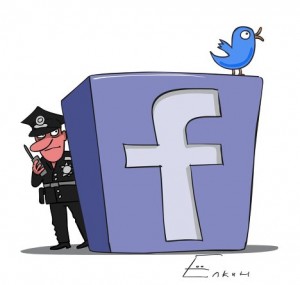Bruce Scheier on Harms of Post-9/11 Airline Security:
[TSA Administrator] Kip Hawley doesn’t argue with the specifics of my criticisms, but instead provides anecdotes and asks us to trust that airport security—and the Transportation Security Administration (TSA) in particular—knows what it’s doing.
He wants us to trust that a 400-ml bottle of liquid is dangerous, but transferring it to four 100-ml bottles magically makes it safe. He wants us to trust that the butter knives given to first-class passengers are nevertheless too dangerous to be taken through a security checkpoint. He wants us to trust the no-fly list: 21,000 people so dangerous they’re not allowed to fly, yet so innocent they can’t be arrested. He wants us to trust that the deployment of expensive full-body scanners has nothing to do with the fact that the former secretary of homeland security, Michael Chertoff, lobbies for one of the companies that makes them. He wants us to trust that there’s a reason to confiscate a cupcake (Las Vegas), a 3-inch plastic toy gun (London Gatwick), a purse with an embroidered gun on it (Norfolk, VA), a T-shirt with a picture of a gun on it (London Heathrow) and a plastic lightsaber that’s really a flashlight with a long cone on top (Dallas/Fort Worth).
Plus stuff like this,
In 2004, the average extra waiting time due to TSA procedures was 19.5 minutes per person. That’s a total economic loss—in –America—of $10 billion per year, more than the TSA’s entire budget. The increased automobile deaths due to people deciding to drive instead of fly is 500 per year. Both of these numbers are for America only, and by themselves demonstrate that post-9/11 airport security has done more harm than good.
The current TSA measures create an even greater harm: loss of liberty. Airports are effectively rights-free zones.
Yes, read the whole thing.
Sadly, it seems hard to imagine that any President or Congress will have the guts to cut the TSA’s program of anti-security theater, for fear that an airplane will blow up and they’ll get the blame. The dysfunctions of the political system strike again.

